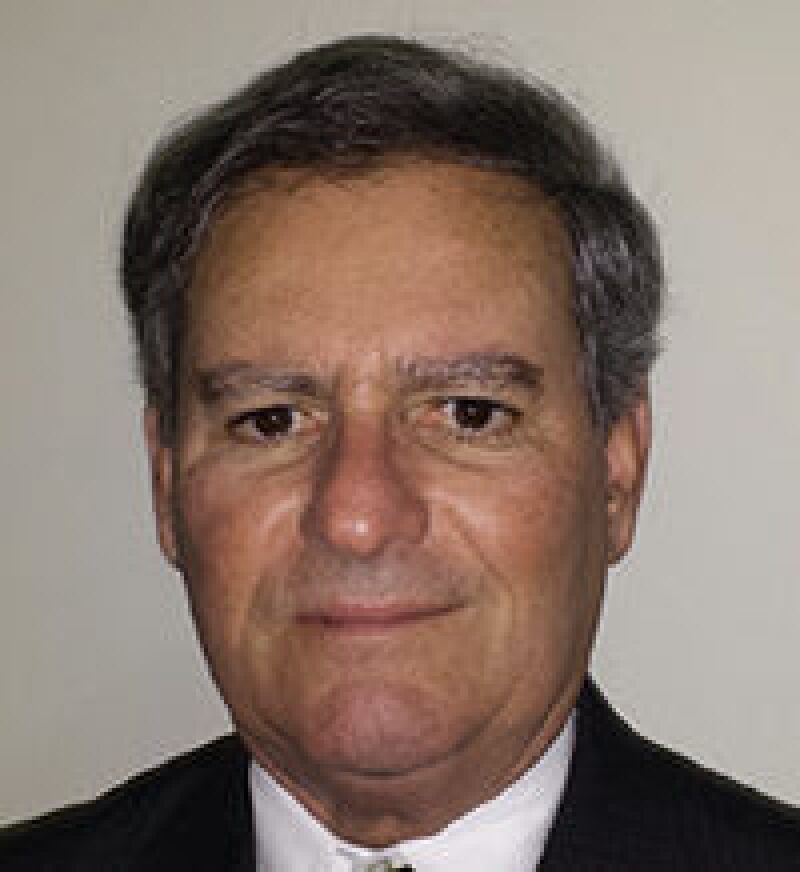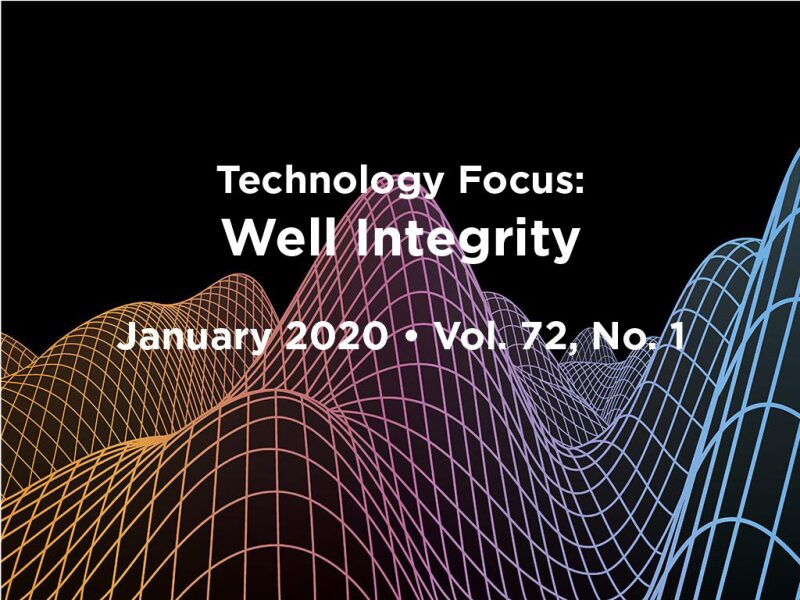Fiber-optic technologies—distributed temperature sensing (DTS) and distributed acoustic sensing (DAS)—have been experiencing an increasing number of applications in the oil and gas industry as monitoring systems. In the area of well integrity, both technologies have been used in combination to monitor and evaluate qualitatively the cement placement and integrity in wells. An interesting technical article showing how these two technologies are used to monitor cement integrity in an actual well is selected as recommended additional reading. Ongoing research studies are also investigating casing deformation and downhole detection of hydrocarbon leakage.
The use of these two technologies seems to have a very promising future when considering well-control situations. One potential application of DTS and DAS technologies is being evaluated now at Louisiana State University (LSU) as a part of a 3-year research project currently under way under the auspices of a grant by the Gulf Research Program to investigate the gas-in-riser issue. A 5,000-ft actual well at LSU was recompleted recently and instrumented with DTS and DAS for continuous monitoring information along the well and downhole gauges to record pressure and temperature at four different depths. These instruments were clamped to the outside of the production tubing installed inside the experimental well. A gas-injection line also was run into the well to displace nitrogen to simulate gas-in-riser situations.
The data gathered by the downhole instruments are expected to shed light on well-control attributes such as gas velocity and distribution, two-phase-flow patterns, and gas breakout from solution in nonaqueous drilling fluid inside the marine riser. The viability of generating distributed pressure profiles from DTS and DAS data collected in the experiments also will be investigated. Undoubtedly, the research findings will help detect gas-in-riser situations earlier and monitor deepwater managed-pressure drilling operations that may allow for a controlled amount of gas inside the riser.
This Month's Technical Papers
Integrated Approach to Well-Leak Diagnostics Meets Success Offshore Timor Sea
Snubbing Unit Brings Middle East Well With Underground Blowout Under Control
Personnel Benefit From Advanced Drilling Simulators for Well-Control Training
Recommended Additional Reading
SPE/IADC 194553 Evolving Well-Control Procedures With Managed-Pressure Drilling on Floaters by Andre Alonso Fernandes, Petrobras, et al.
SPE/IADC 194145 Well-Control Incident in the North Sea as Interpreted With Advanced Gas-Influx Modeling by Jan Ole Skogestad, SINTEF, et al.
SPE 195678 Real-Time Well-Integrity Monitoring Using Fiber-Optic Distributed Acoustic Sensing by T. Raab, GFZ German Research Centre for Geosciences, et al.

| Otto Luiz Alcantara Santos, SPE, is a faculty member at Louisiana State University and instructor of well-control and advanced well-construction technologies. During almost 40 years, he worked as a Petrobras well-construction engineer. Santos holds a BS degree in civil engineering, an MS degree in petroleum engineering from the Colorado School of Mines, and a PhD degree in petroleum engineering from Louisiana State University. He was also a faculty member at the University of Tulsa in 1994. Santos has written several technical papers on well-construction technology, especially on well integrity and directional and horizontal drilling. He is the author of the book Well Control in Drilling Operations and coauthored the book Directional Drilling. Santos is editor of the SPE book Drilling and Production Operations in HPHT Wells. He was an SPE Distinguished Lecturer for 2009–2010. Santos is the section chairperson of the SPE Bahia/Sergipe Section and has served or is currently serving on several SPE committees. He is also a member of the JPT Editorial Committee. In 2010, Santos received the International Association of Drilling Contractors (IADC) Exemplary Service Award, and he is currently an auditor for the IADC WellSharp program. He can be reached at ottolasantos@gmail.com. |


